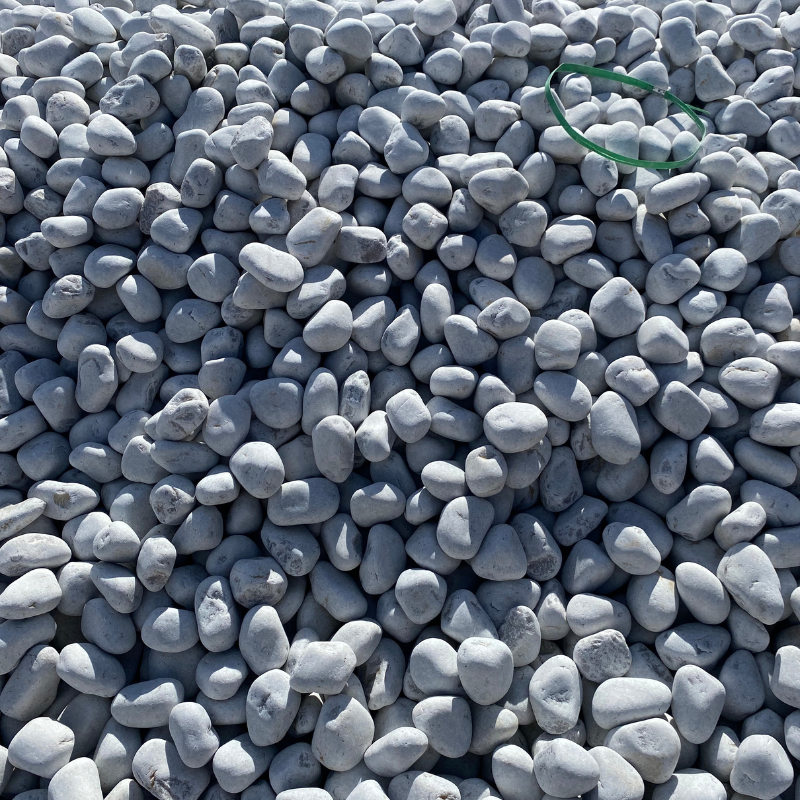
vermiculite in succulent soil
The Role of Vermiculite in Succulent Soil
Succulents have gained immense popularity among plant enthusiasts due to their striking appearance and low maintenance requirements. However, an essential factor that contributes to their health and growth is the soil in which they are planted. Among various soil components, vermiculite stands out as a critical ingredient, offering numerous benefits that cater specifically to the needs of succulent plants.
Vermiculite is a natural mineral that undergoes heating to produce lightweight, expanded particles with a unique structure. These particles create air pockets within the soil mix, improving aeration and drainage. For succulents, which originate from arid environments, proper drainage is paramount to their survival. Their roots are susceptible to rot if they sit in waterlogged conditions. By incorporating vermiculite into succulent soil, gardeners can ensure that excess water drains away while still retaining enough moisture to nourish the plants.
The Role of Vermiculite in Succulent Soil
In addition to its physical properties, vermiculite offers several essential nutrients that succulents may require in trace amounts. While succulents are not heavy feeders, the additional micronutrients available in vermiculite can enhance their growth and flowering. Incorporating a small percentage of vermiculite in the soil mix can create a nutrient-rich environment that supports a succulent's overall health.
vermiculite in succulent soil

When creating a succulent soil mix, the balance of ingredients is vital. A typical mix may consist of 50-70% mineral components, such as coarse sand or perlite, and 30-50% organic matters such as peat moss or compost. A certain percentage of vermiculite, usually around 10-20%, can contribute to this mixture effectively. It enhances both the drainage and moisture retention qualities of the soil, making it an ideal choice for succulent care.
Moreover, vermiculite is sterile, which minimizes the risk of introducing pathogens or pests into the soil. This characteristic is particularly important for succulent enthusiasts who aim to maintain a healthy and thriving collection of plants. By using sterile components like vermiculite, gardeners can prevent potential diseases that often plague plants grown in contaminated soils.
It's also worth mentioning that while vermiculite has numerous benefits, it is essential to strike the right balance. Too much vermiculite can lead to overly moist soil, which is detrimental to succulents. Therefore, monitoring the percentage used and observing the response of the plants to the soil mix is crucial.
In conclusion, incorporating vermiculite into succulent soil significantly elevates the overall health and vitality of these beautiful plants. With its excellent drainage capabilities, moisture retention properties, nutrient availability, and sterile nature, vermiculite stands as a valuable component in any succulent soil mix. Whether you are a seasoned gardener or a beginner, understanding the role of vermiculite can help you create the ideal environment for your succulents to thrive. Ultimately, a well-balanced succulent soil mix, enriched with vermiculite, will not only nurture your plants but also enhance your gardening experience.
Share
-
Vermiculite Wholesale – Premium Quality, Bulk Supply & Competitive PricingNewsJun.10,2025
-
Premium Glass Pebbles Custom Glass Pebbles Factory & OEM Manufacturer Reliable Custom Glass Pebbles FactoriesNewsJun.10,2025
-
Expert Custom Zeolite Producers Manufacturers & FactoriesNewsJun.10,2025
-
Custom Glow in the Dark Beads High-Quality Custom ManufacturersNewsJun.10,2025
-
China Ceramsite Balls Factory - Lightweight & Durable Media Solutions ManufacturerNewsJun.09,2025
-
Custom Matte Mica Powder Manufacturers High Quality & AffordableNewsJun.09,2025






